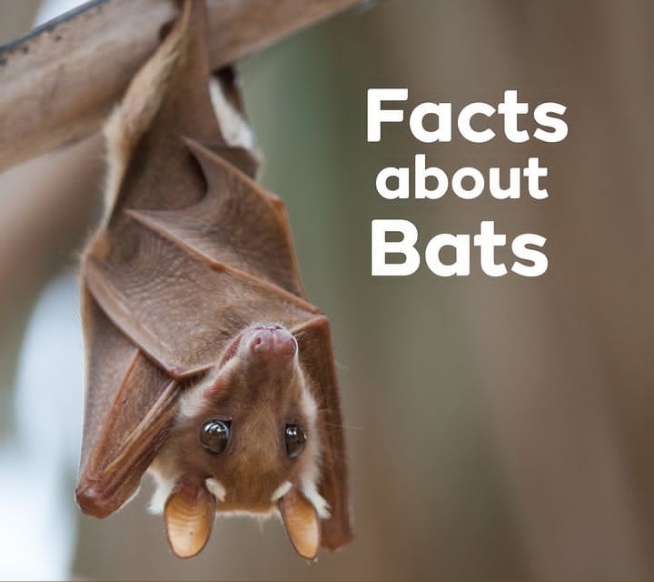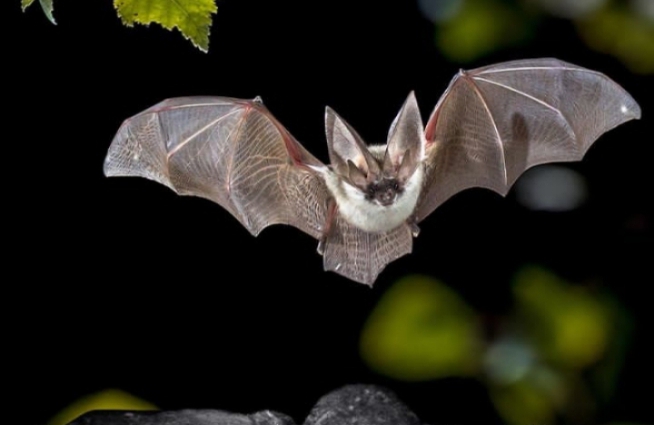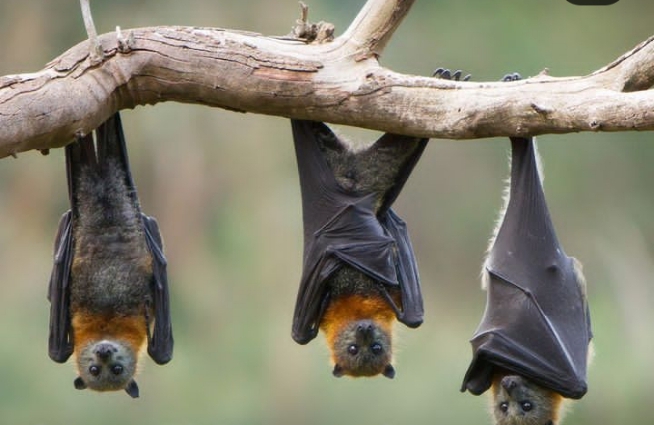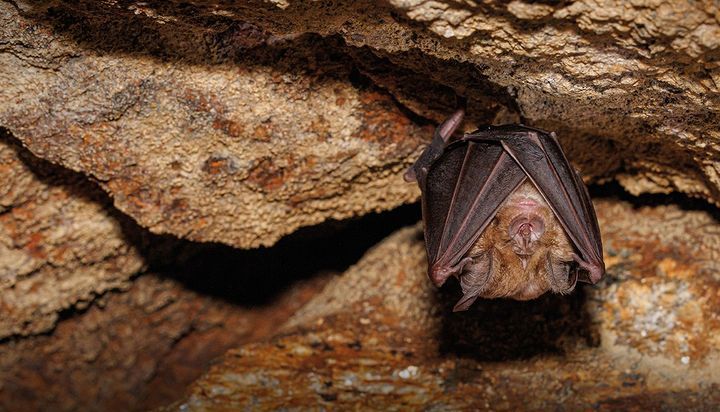
Over the years, there have been numerous distorting information and side talks regards the life and existence of BATS, including the fact that many people still believe till date that bats are blind and evil. Well, we are here to set some records straight about bats, not comprehensively but on some key important facts about BATS.
Do you know bats are the only mammals that can actually fly? Well that’s a fact. And when flying, the hearts of bats beat up to 1000 times a minute, and can fly at a speed of 96kmh. Bats can equally live over a period of 30 years.
On the other hand, baby bats are known as pups, and most bats can only have just one pup in a year.
Being Blind: It is important to note that BATS are not blind as many people speculates. They have tiny eyes and can see, but not as the other mammals.

But they do not see well during the day, this is simply because their eyes are adapted for seeing in low light condition, compared to other mammals.
Bats hung/sleep upside-down as this allows them to easily and quickly escape from predators and other dangers, as they can drop directly and straight into flight at such times.
Bats naturally have sharp teeth that helps them to chew food into that tiny and digestible pieces. And they eat insects a lot, hence why they are able to consume up to 50% of their body weight in insects in just one night of feeding. And also, they have the capacity of eating up to one thousand two hundred (1200) mosquitoes in just one hour.

Bats have one important economic value, as bats droppings known as guano (usually small and dark), is used as fertilizer because of its high percentage of nitrogen and phosphorus content.
Meanwhile, guano can be very dangerous to human when allowed to pile up inside home. This is because it can cause histoplasmosis fungus, which on the other hand causes severe respiratory issues for human.

Bats uses sounds a lot in detecting things around their world or place of stay. And their navigation system is known as echolocation.
Do you know that bats do send out waves of sound from their mouths or noses? Well they do, which bounce off their surroundings right back into their ears.




